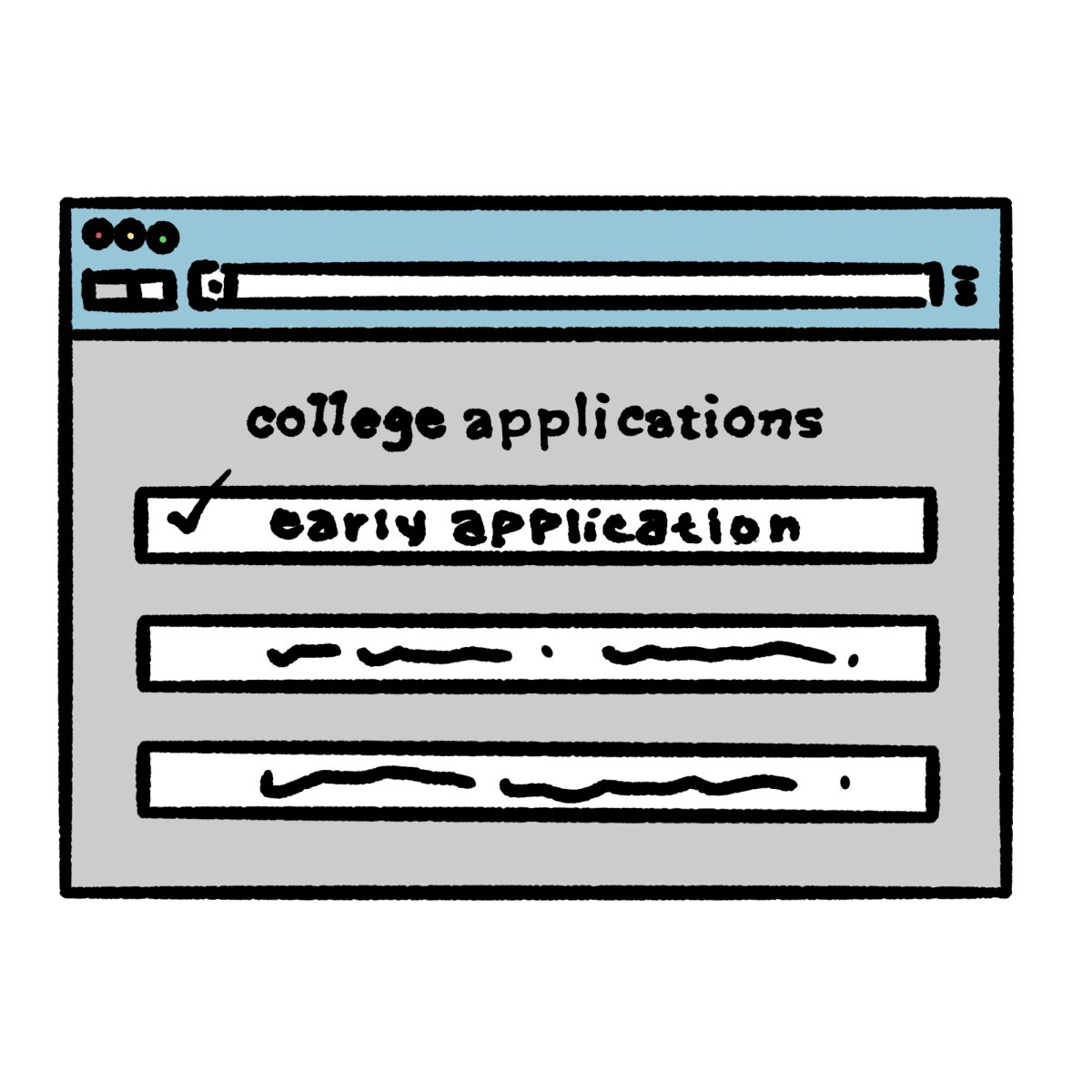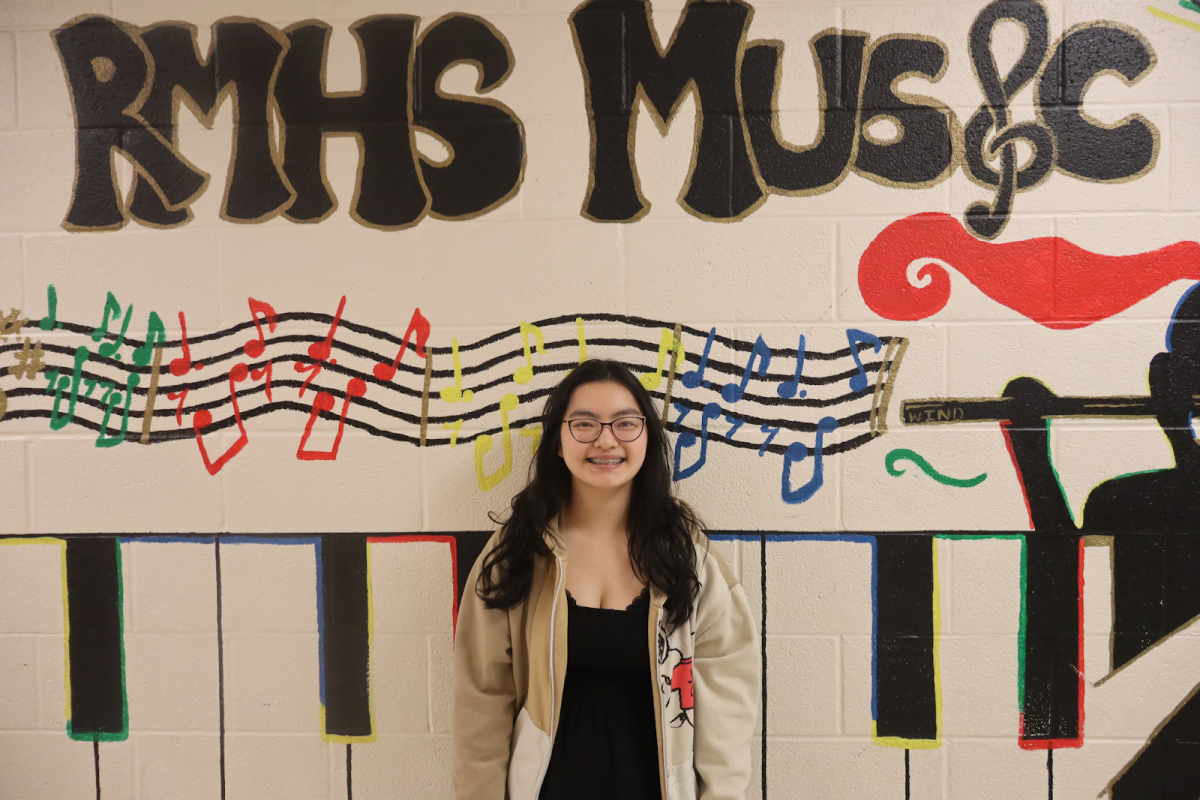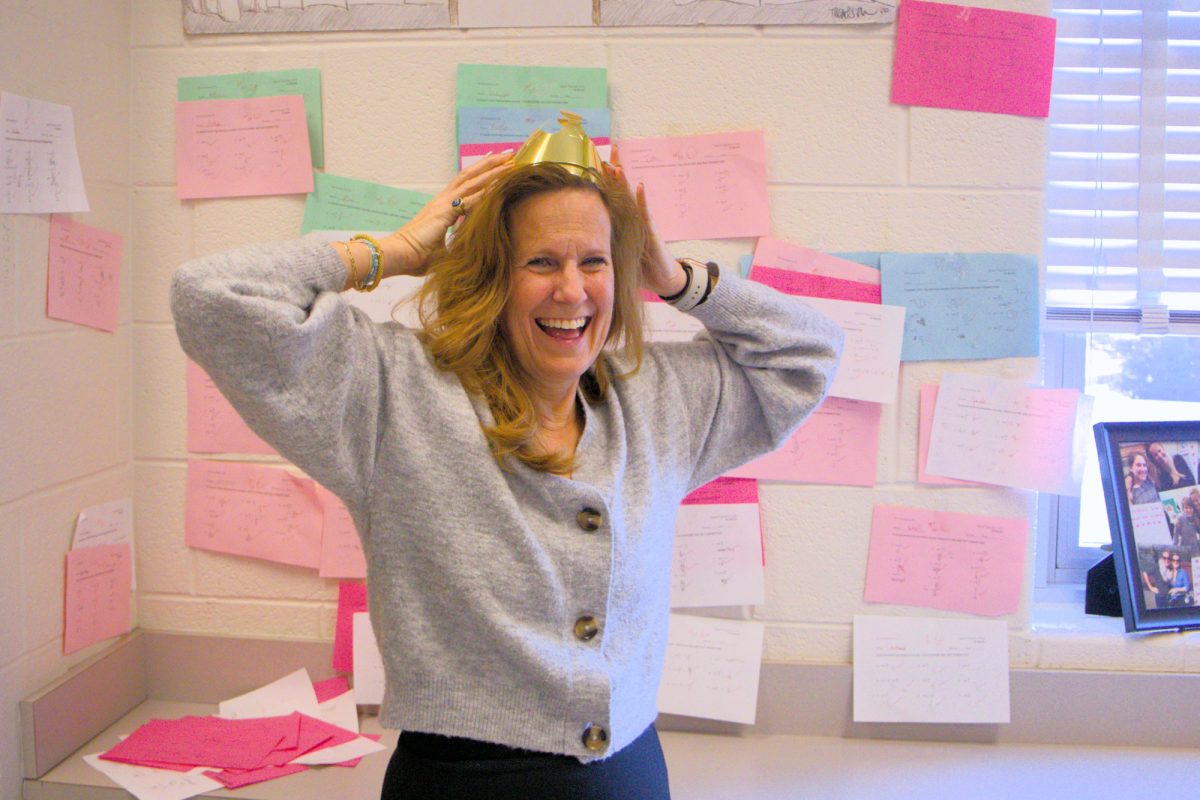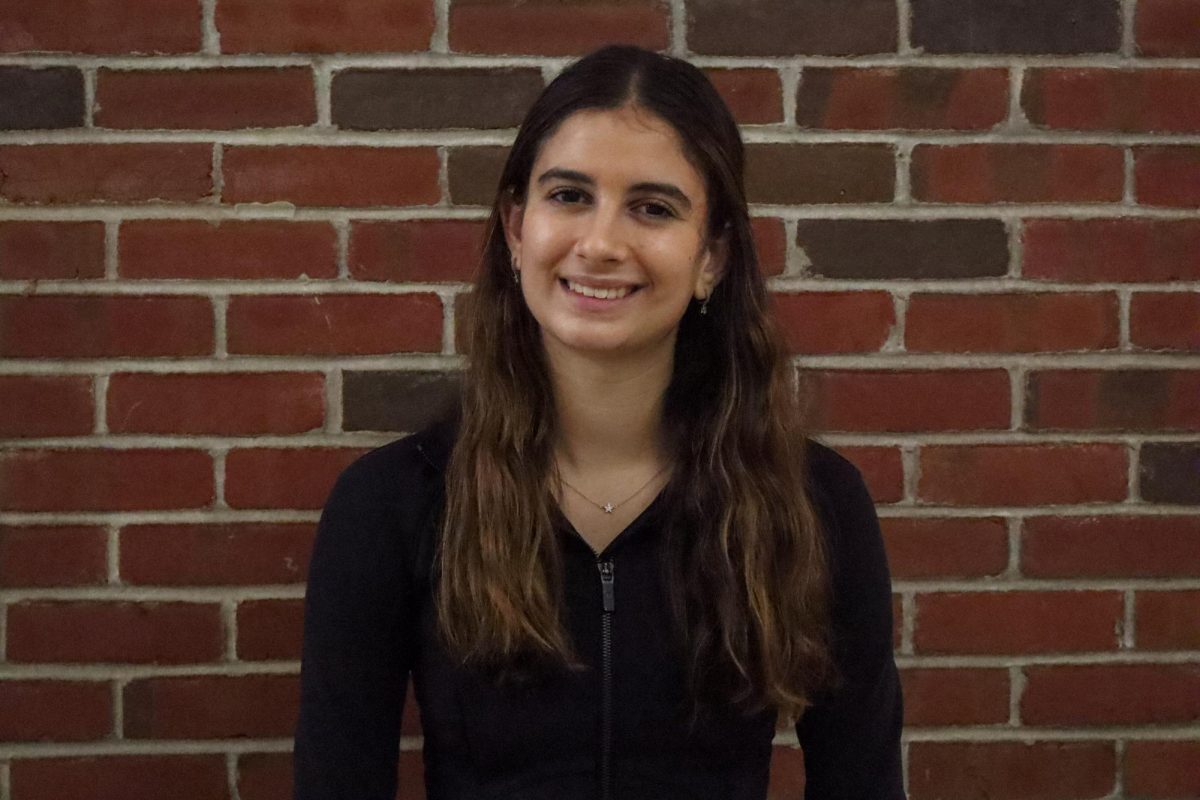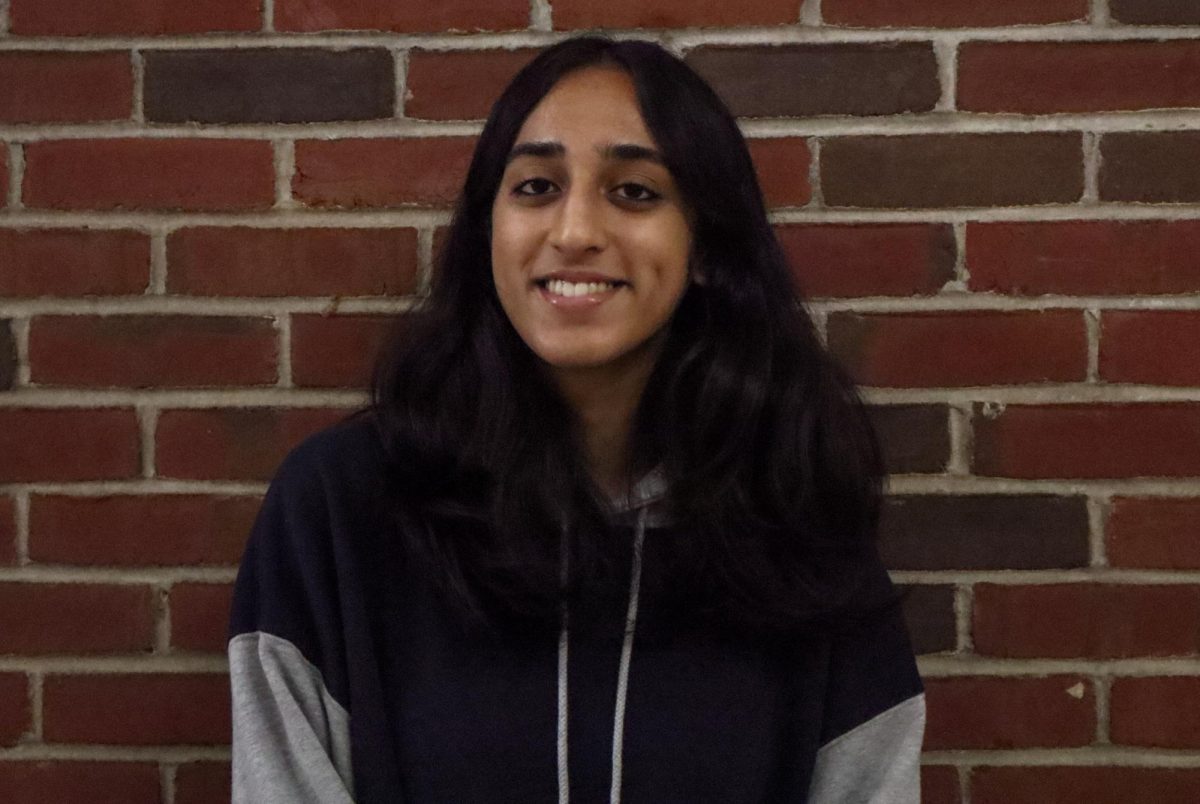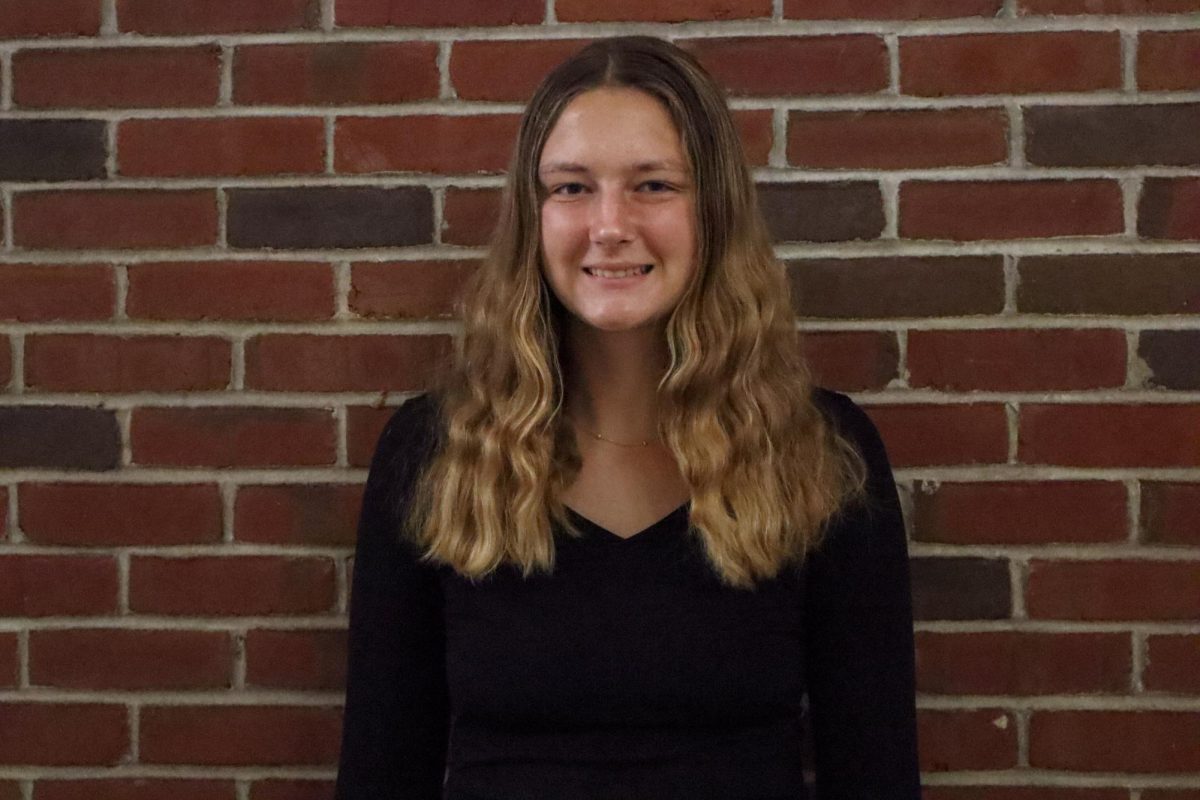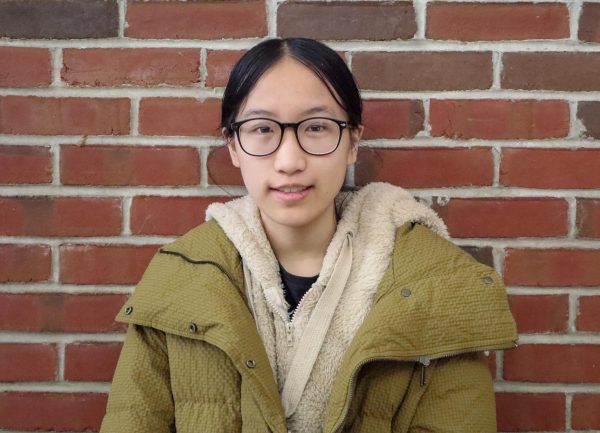In mid-December, high school seniors anxiously awaited the results of their early decision (ED) and early action (EA) applications. Soon after, articles online began comparing the statistics of the acceptance rates to previous years and began speculating about trends. A recent article on Ivy Leagues’ early acceptance rates published in Forbes reviewed the stats of various colleges.
So what are ED and EA, and how do they differ from regular decision (RD) applications?
An ED admission lets students apply early to a university, and if accepted, the student must attend that university. EA on the other hand allows students to apply early but is not binding: even if the student is accepted into a particular university, they do not have to go. RD is simply the regular timeline, with decisions released later in the admission cycle.
School counselor Erica LeBright stresses the binding aspect of ED admissions. She mentions how the student, their parents and their counselor all sign a contract saying that if a student gets accepted, they must attend. “So that’s really important, since I’ve had students get in early decision, realize they couldn’t afford it and backed out of the agreement, which was not looked highly upon by the school,” Ms. LeBright said.
Hence, applying for an ED application can be nerve-racking.
Senior Georgia Levine explains how she was originally not going to ED anywhere. As she was visiting a few colleges, however, she found one in Chicago. “I really fell in love with the school,” she said.
Levine continues, describing what made her single out one university for an ED application. “When I was there, the thing that was different was I could really see myself as a student there, in a way that I hadn’t been able to before. And so I think that was the most important factor for me was like, ‘Can I see myself living here for the next four years?’” she said.
Senior Vismaya Gangadharan agrees that academics aren’t the sole criteria she looks at in a college. The experience and the social aspect matter equally. And if a college can fulfill all those needs, then applying early for it is worth it.
“I feel like a lot of people are kind of deterred from applying…early decision,” Gangadharan said. “But at the same time, I feel like, if you have a school that’s really your top choice, and it’s a place that you really would like to go to, then it’s like kind of a missed opportunity to not apply that way. Because you never know unless you try.”
At the same time, however, Gangadharan belives that unless it’s a dream school, regular decisions are better than early decisions. “A lot of the time, even when you apply early decision, if you get in and you go, you might realize that it’s actually not the best fit for you,” she said.
Though the ED/EA/RD system is complicated enough, numerous additional components are also involved. For example, Ms. LeBright dives into what restrictive early action (REA) is, and brushes on the topic of early decision 2 (ED2).
Though REA is not binding, it forces students to only apply to one private school in the early round. If the student does get in, they can still apply to other schools RD and see what their options are.
For ED2 rounds, the deadline is sometime in January rather than November – which is the deadline for early decision 1 round. Of course, different schools have different application deadlines for the same application type. For example, for EA, some schools are Oct 15, most are Nov 1, some are Nov 15.
“It’s hard because every school is different. And you can’t generalize…even within the Ivy Leagues and within these top tier schools, they all have their own decision,” Ms. LeBright said.
Ms. LeBright empathizes with the stress students undergo while thinking about the college application process. “There’s so much pressure on everyone’s shoulders,” she said. “On top of balancing the coursework of senior year…making sure that they’re also doing well in their classes, while staying on top of the load of the college application piece of the puzzle.”
Ms. LeBright emphasizes time management, making sure seniors aren’t spending too much time on either school or college applications. “Summertime is so important, because you can get a lot of the research aspect done and a lot of the timeline, you know, can already be mapped out,” she said.
Time management is also why Levine stresses applying for EA as much as possible. “Take the opportunity. Get all your [applications] out of the way early, ‘cause there’s so much other work to be doing,” she said. “It will help you so much more in the long run.”
College applications can create a lot of stress. However, Levine shares that acceptances or rejections aren’t the end of the world. “I think that everyone ends up where they’re meant to be,” she said.
There are innumerable resources online that guide readers through the various types of applications, their pros and cons, etc. For example, Collegewise published a full guide on the various application types in 2023.
Ms. LeBright knows the process as a whole can seem overwhelming, and she tells students to take it one step at a time and to accept outside help and support.
“Lean on your supports. Lean on your counselor. Lean on the College and Career coordinator. Lean on your teachers, your parents [and] your friends who’ve been through the process,” Ms. LeBright said.


